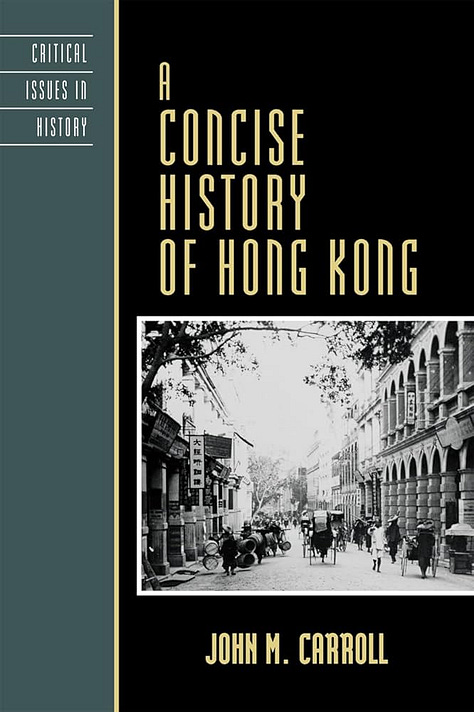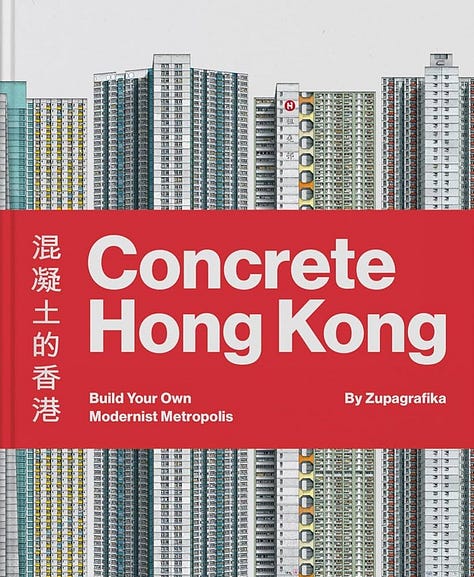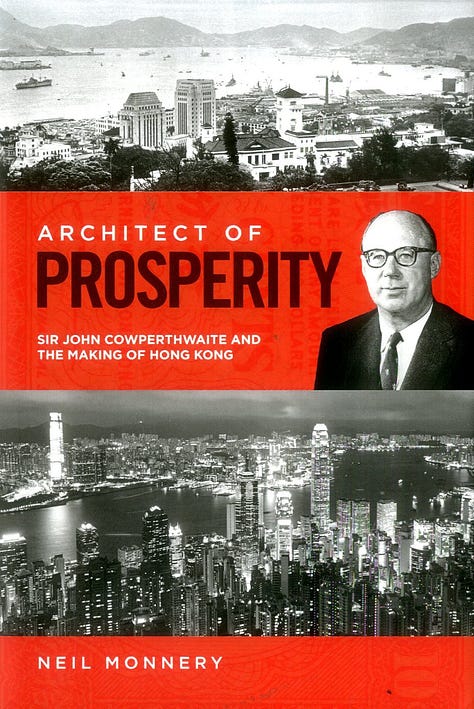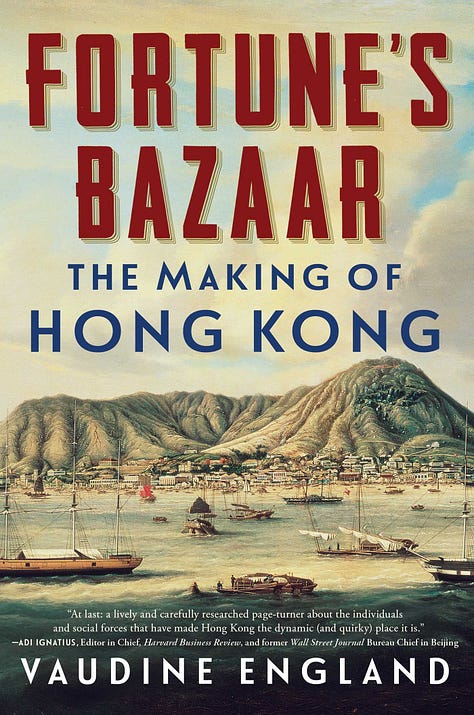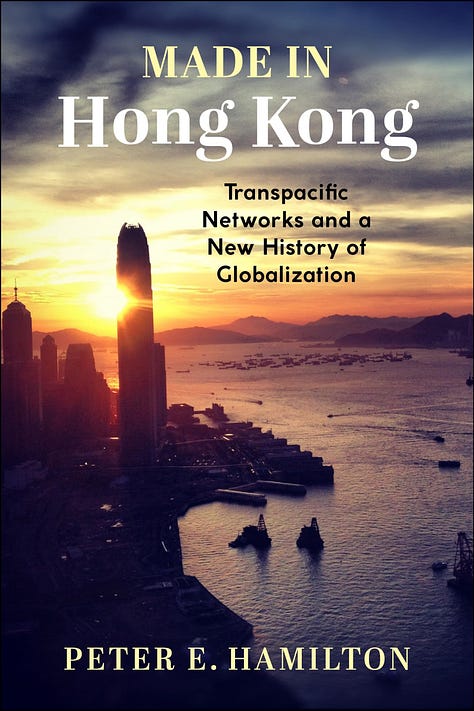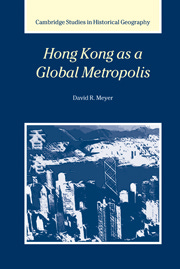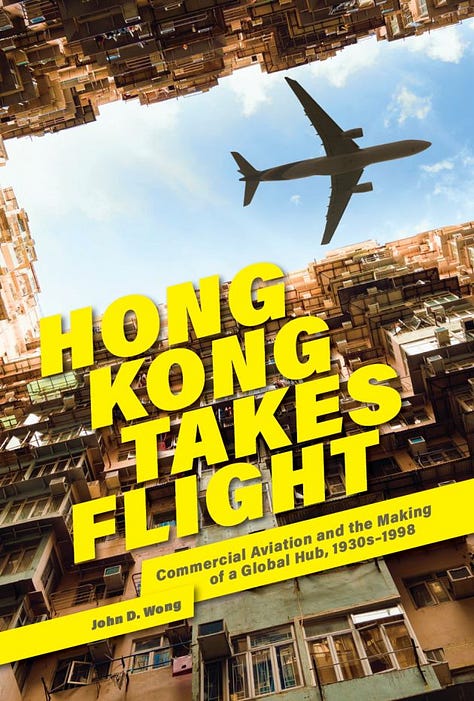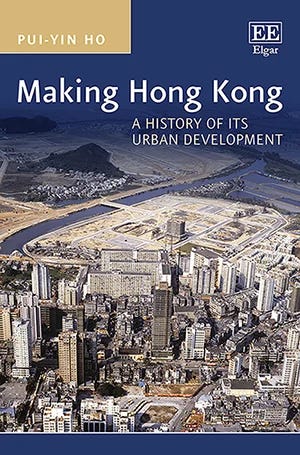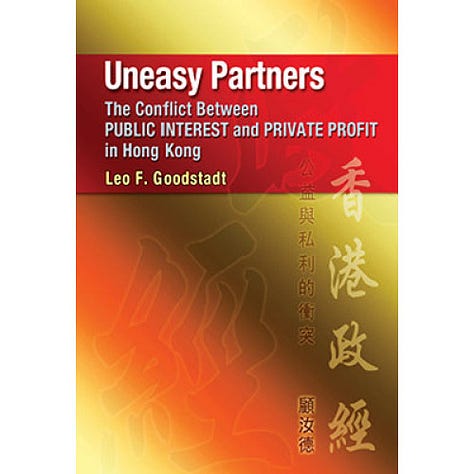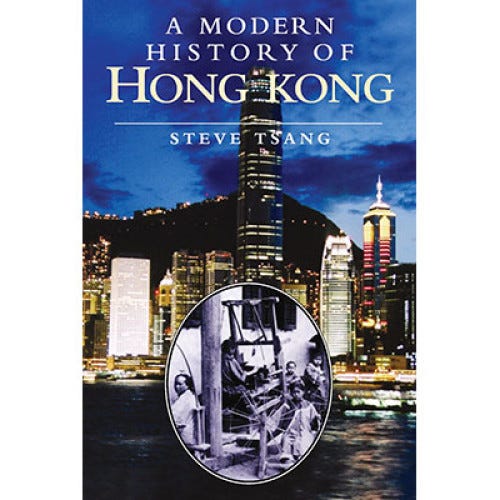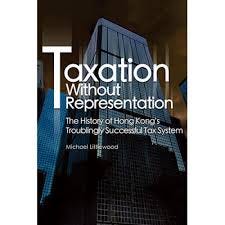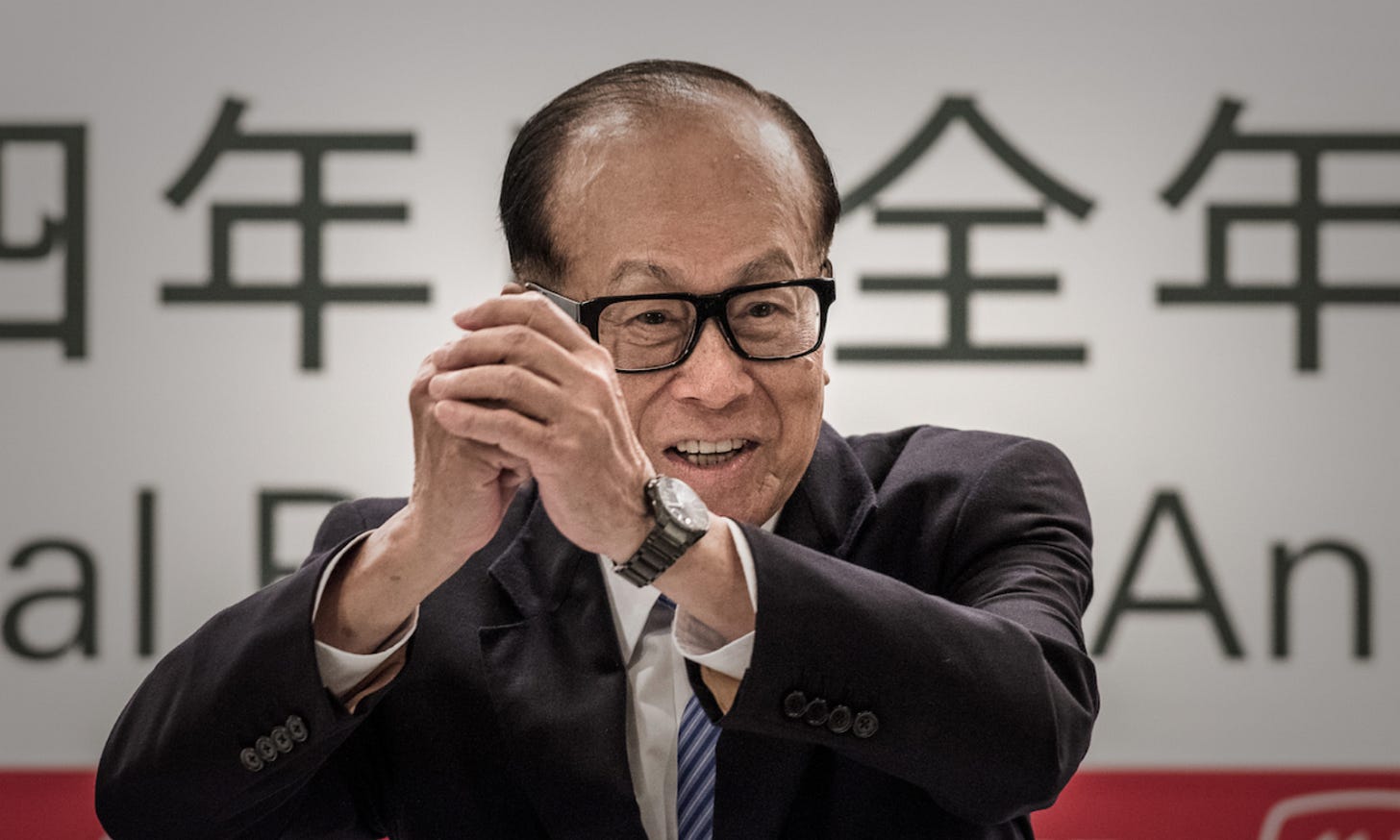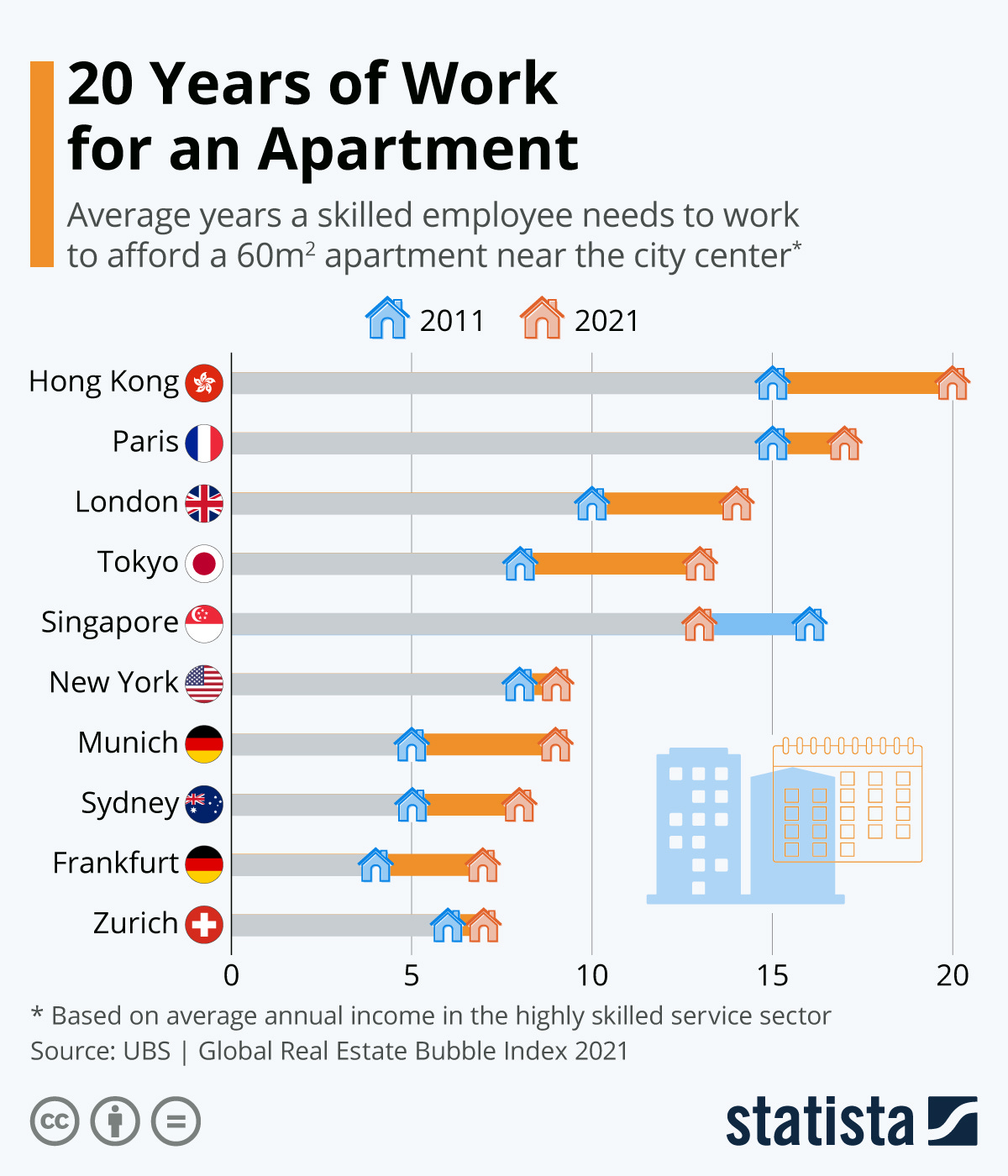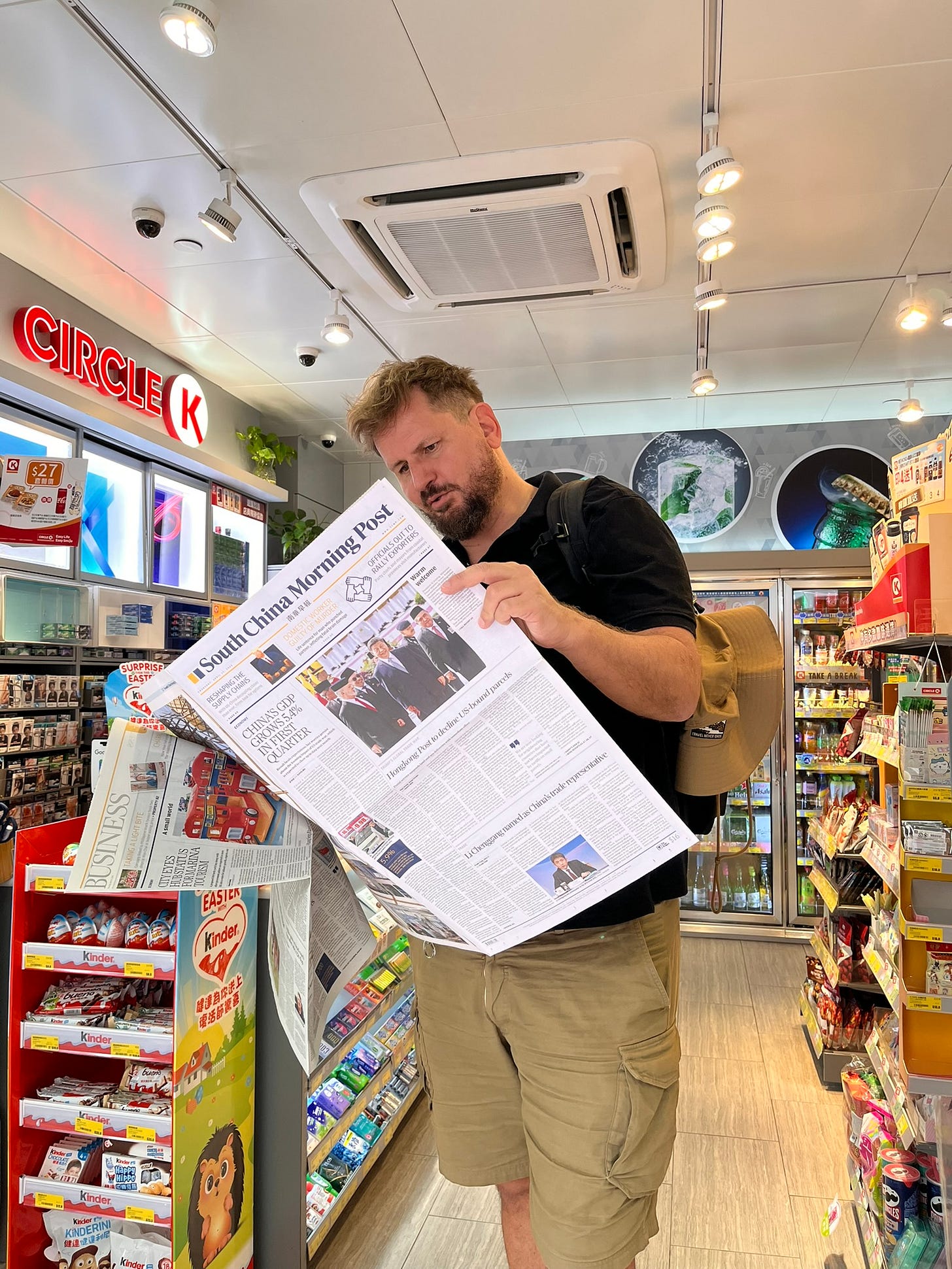Milton Friedman had advertised Hong Kong in his neoliberal propaganda film as the market fundamentalist heaven on earth.
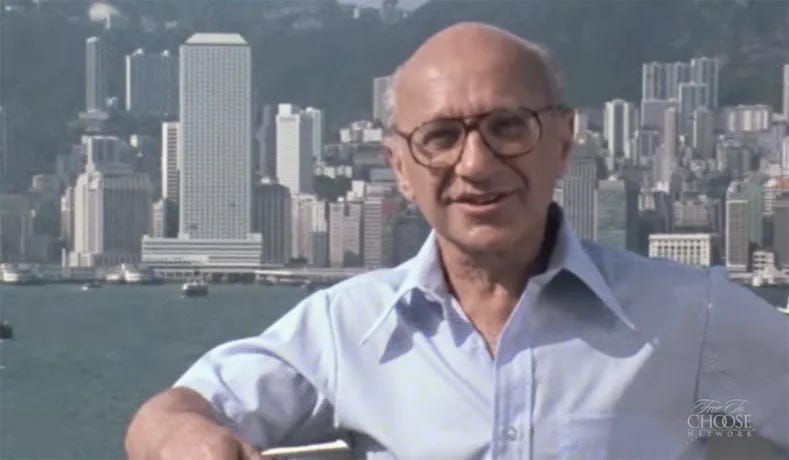
He attributed Hong Kong’s success to low taxes and non-intervention by the state. A very superficial and simplistic story.

But much like he was wrong about inflation, he was also wrong about Hong Kong.
First of all, living standards in Hong Kong are extremely uneven. The very high GDP / capita hides there fact that there are oligarchs (taipans in the local Cantonese), who are some of the richest people in the world, and there are dirt poor workers who live in tiny caged flats, six to a few square meters, in massive skyscrapers that never seem to end. Many building downtown are such bad quality, one is reminded of Ceausescu’s Romania.
Whereas the highest personal income tax rates in the UK and the USA were in the 70s, there was a 15% flat tax in Hong Kong. However, most of the income of the state in Hong Kong came from taxing hyper expensive land, a very scarce resource in the small city state.
But Hong Kong was far from being a free market paradise. What Friedman failed to mention or even recognise was:
Hong Kong has rent control,
a third of Hongkongers lived in flats provided by the government.
When he spoke about the phenomenal economic miracle, Friedman failed to mention that much of this success was built on:
a massive inflow of capital and technology from the China, especially from Shanghai, after the Communist take-over on the mainland,
gigantic China trading with the rest of the world through tiny Hong Kong,
Hong Kong being a tax haven,
later the exploitation of extremely cheap Chinese labour on the other side of the border in the Shenzhen economic zone.
Hong Kong was not based on competition. It was and still is based on an extremely concentrated ownership structure. Ever since its founding, the city state has been controlled by a handful of merchant houses, later by tycoons and their family conglomerates. The absence of an inheritance tax reinforces this situation. Hong Kong is placed number on on the Economist’s crony capitalism index. Thomas Piketty and Li Yang have found that the top15 percent of Hong Kongers were the least supportive of democracy.

Full podcast episode on Hong Kong:
Book recommendation on Hong Kong:
